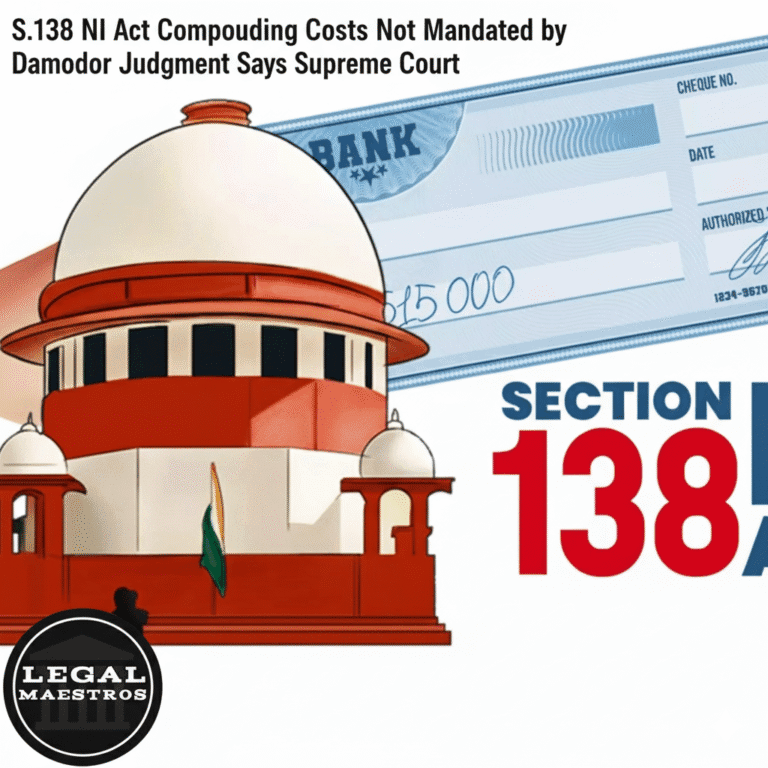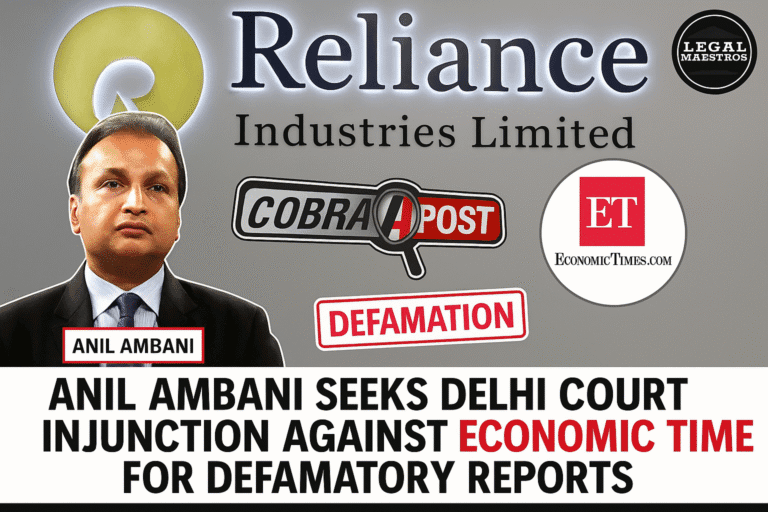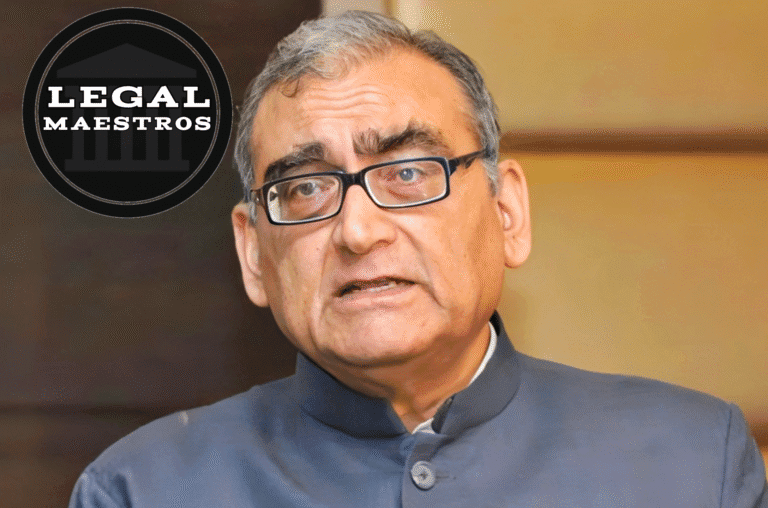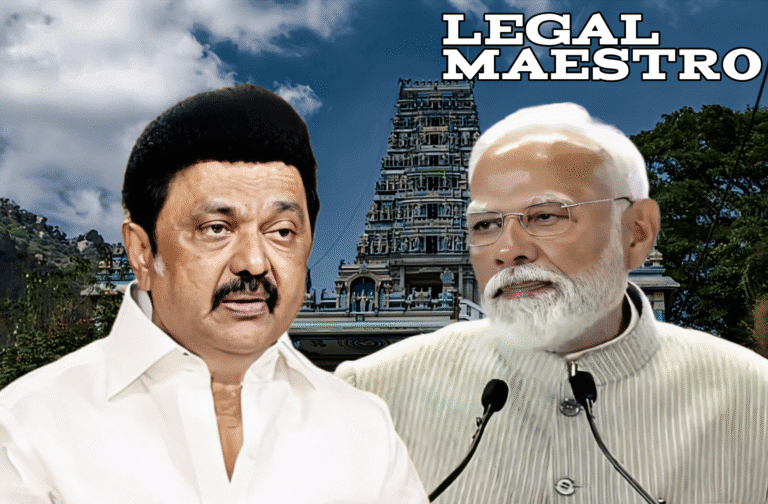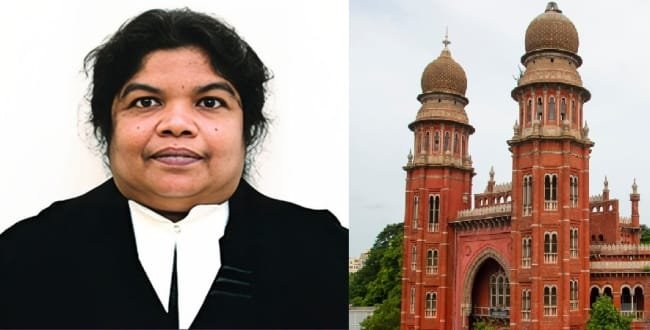
Constitutional Conundrum: Analyzing the Delay in Disqualifying Rajasthan MLA Kanwarlal Meena Post-Supreme Court Ruling
Introduction
Kanwarlal Meena, a member of the Rajasthan BJP Legislative Assembly, has been the focus of significant debate and concern as a consequence of recent occurrences in the judicial system. Although there is a clear instruction provided by the Supreme Court and that there are current legal measures that compel prompt disqualification upon conviction, Meena continues to hold his parliamentary office. This is despite the fact that there are both of these things. This position presents substantial challenges that need to be addressed, particularly with regard to the execution of constitutional obligations and the integrity of democratic institutions in India.
Putting the Case in its Historical Context
Throughout the history of politics in Rajasthan, Kanwarlal Meena has been a prominent figure. The Anta seat in the Baran district is currently being represented by him in his capacity as the representative. In December of 2020, he was found guilty of the offense of threatening a government official with a firearm after an event that took place in 2005. He was sentenced to three years in prison for his conviction and sentence. This conviction was upheld by the Rajasthan High Court on May 1, 2025, and on May 7, 2025, the Supreme Court denied his appeal for a stay of proceedings and ordered him to surrender within two weeks. Both of these events occurred on May 1.
For More Updates & Regular Notes Join Our Whats App Group (https://chat.whatsapp.com/DkucckgAEJbCtXwXr2yIt0) and Telegram Group ( https://t.me/legalmaestroeducators )
For any queries or to publish an article or post or advertisement on our platform, do call at +91 6377460764 or email us at contact@legalmaestros.com.
Disqualification Legal Framework for the Purpose of Disqualification
According to the rules of Section 8(3) of the Representation of the People Act, 1951, any legislator who is found guilty and sentenced to imprisonment for a period of two years or longer is automatically disqualified from the date of their conviction. This is the case regardless of whether or not the legislator previously served in the legislature. This clause was enhanced as a result of the ruling that the Supreme Court made in the Lily Thomas case in 2013. In that case, the Supreme Court threw down Section 8(4), which had previously provided for a three-month opportunity for appeal prior to disqualification.
Lack of Capability to Disqualify Due to the Delay
Even though she has a clear legal authority at her disposal, Meena continues to be an active member of the Rajasthan Legislative Assembly. This is despite the fact that she has complete control over the situation. The Speaker of the Assembly, Vasudev Devnani, has stated that the disqualification processes have not been initiated since there is a requirement for legal discussions to take place. This inaction has been received with criticism from a variety of sources, including opposition parties and legal experts, who think that the disqualification ought to be automatic and not subject to delays that are vulnerable to discretion. This inaction has taken place.
The repercussions Having to do with politics
A significant amount of political instability has occurred as a direct consequence of the delay. Furthermore, the Congress party has been quite vocal in its disapproval, drawing similarities to the quickness with which Rahul Gandhi was disqualified in 2023 under circumstances that were very similar to those that present themselves now. In particular, the Congress party has been particularly vociferous in its condemnation. They have vowed to take legal action and issued ultimatums in the event that Meena is not disqualified in a timely manner. Both of these consequences are possible. Tikaram Jully, the leader of the opposition, has raised attention to the inconsistency in the way that such situations are handled and has warned of the potential legal repercussions that could come from the Speaker’s inaction. He has suggested that the Speaker should take action to address the situation.
For any queries or to publish an article or post or advertisement on our platform, do call at +91 6377460764 or email us at contact@legalmaestros.com.
Considerations with Regard to the Procedures of the Democratic government
In light of the current situation, a more significant problem concerning the impartiality of constitutional officials and the implementation of legal laws has been brought to light. The duty of the Speaker is independent, despite the fact that it is the Speaker’s job to uphold the law without showing bias. Not only can delays in the implementation of disqualification do damage to the legal system, but they also have the potential to undermine public trust in democratic institutions due to the fact that they are delayed. A few concluding thoughts: it sets a precedent that is cause for concern since it permits political factors to take precedence over the needs of the law.
The case of Kanwarlal Meena sheds light on one of the most significant significant turning moments in the road that India has taken towards becoming a democratic nation. In spite of the fact that the legal rules for disqualification are clear and unambiguous, it appears that the implementation of these provisions is hampered by political factors and delays in the procedure. For the purpose of preserving the legitimacy of democratic institutions and the rule of law, it is of the utmost significance that constitutional mandates be enforced in a manner that is both transparent and expeditious. The protracted delay not only has an effect on the integrity of the legislative process, but it also raises questions about the level of commitment to democratic standards.
Conclusion
The actions taken by the Assembly Speaker and other authorities, as well as the actions that they do not take, will be closely followed as the time for Meena’s surrender gets closer. All of these actions will be thoroughly monitored. The democratic institutions of India will be evaluated based on the results of these elections when they are held. This evaluation will take into account the strength of these institutions as well as their capacity to act independently of partisan interests.


